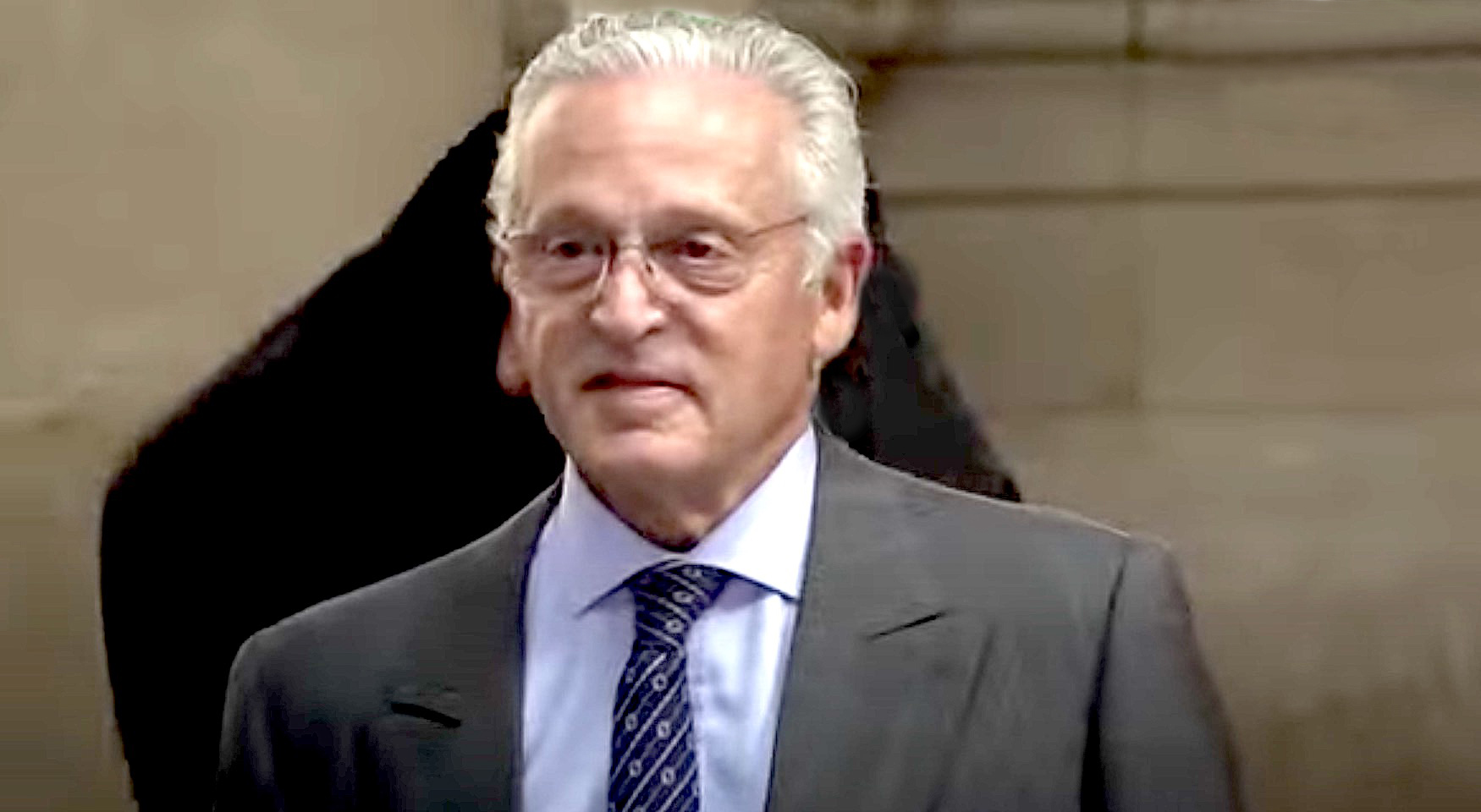In a landmark ruling, a Paris court has delivered a verdict against French-American art dealer Guy Wildenstein, 78, concluding a protracted legal battle over tax evasion. The court sentenced Wildenstein to four years in prison, with two years suspended, and imposed a fine of €1 million.
The case, which has captured international attention, centres on allegations of tax fraud and money laundering stemming from Wildenstein’s efforts to conceal a vast art collection to evade substantial inheritance taxes. As the president of Wildenstein & Co. gallery in New York and scion of an esteemed art-dealing dynasty, Wildenstein has faced scrutiny over his handling of his family’s assets.
The court’s ruling also implicated Wildenstein’s nephew, Alec Wildenstein Jr., who received a two-year suspended prison sentence and a € 37,500 fine. Notably, Wildenstein and his associates had been acquitted of similar tax fraud charges in 2017 and 2018 before the latest verdict.
The legal saga revolves around the estate of Daniel Wildenstein, Guy’s father, and Alec Wildenstein Sr., his brother. The court found them guilty of concealing assets, including valuable paintings by renowned artists like Bonnard, Fragonard, and Caravaggio, valued at €1 billion. The assets, comprising various properties in Kenya and New York, were shielded through trusts and shell companies.
The verdict marks the culmination of a lengthy legal process that saw multiple trials and appeals. Despite previous acquittals, the French Supreme Court overturned the decisions, leading to a retrial. Prosecutors sought a four-year prison term and a €250 million fine for Wildenstein, underscoring the gravity of the allegations.
In addition to Wildenstein and his nephew, several employees of the Wildenstein family were also convicted, including two asset managers fined €187,500. The court’s decision reflects a significant blow to one of the most prominent figures in the art world, signalling a robust stance against financial impropriety and tax evasion.
While Wildenstein’s legal team may appeal the ruling, the verdict represents a decisive outcome in a high-profile case that has underscored the complexities and challenges of regulating wealth and assets in the art market. As Wildenstein faces the repercussions of his actions, the case serves as a cautionary tale about the consequences of financial misconduct in the art world. Wildenstein will of course be appealing the decision of the court and with his bottomless financial resources will unlikely find himself in prison proving that in the French Justice System, only the little people go to jail.
Guy Wildenstein, scion of the illustrious Wildenstein family of art dealers, is a figure marred by controversy and legal entanglements. Born in 1945, his position in the art world has been overshadowed by allegations of tax fraud and money laundering, tarnishing his once-important reputation.
Wildenstein’s expertise spans diverse periods and styles, reflecting his deep appreciation for art’s multifaceted expressions. Over the years, he has curated and facilitated the acquisition of countless masterpieces, contributing significantly to the preservation and promotion of cultural heritage.
Throughout his career, Wildenstein presided over the eponymous family-owned Wildenstein & Co. gallery in New York, wielding considerable influence in the international art market. However, his legacy is irrevocably tainted by accusations of orchestrating elaborate schemes to evade taxes and conceal vast art collections from authorities.
In a high-profile trial that captivated global attention, Wildenstein faced damning allegations of underreporting inheritance taxes following the deaths of family members, including his father, Daniel Wildenstein, and brother, Alec Wildenstein. Despite multiple acquittals, subsequent legal reversals underscored persistent suspicions of systemic financial misconduct within the Wildenstein dynasty.

